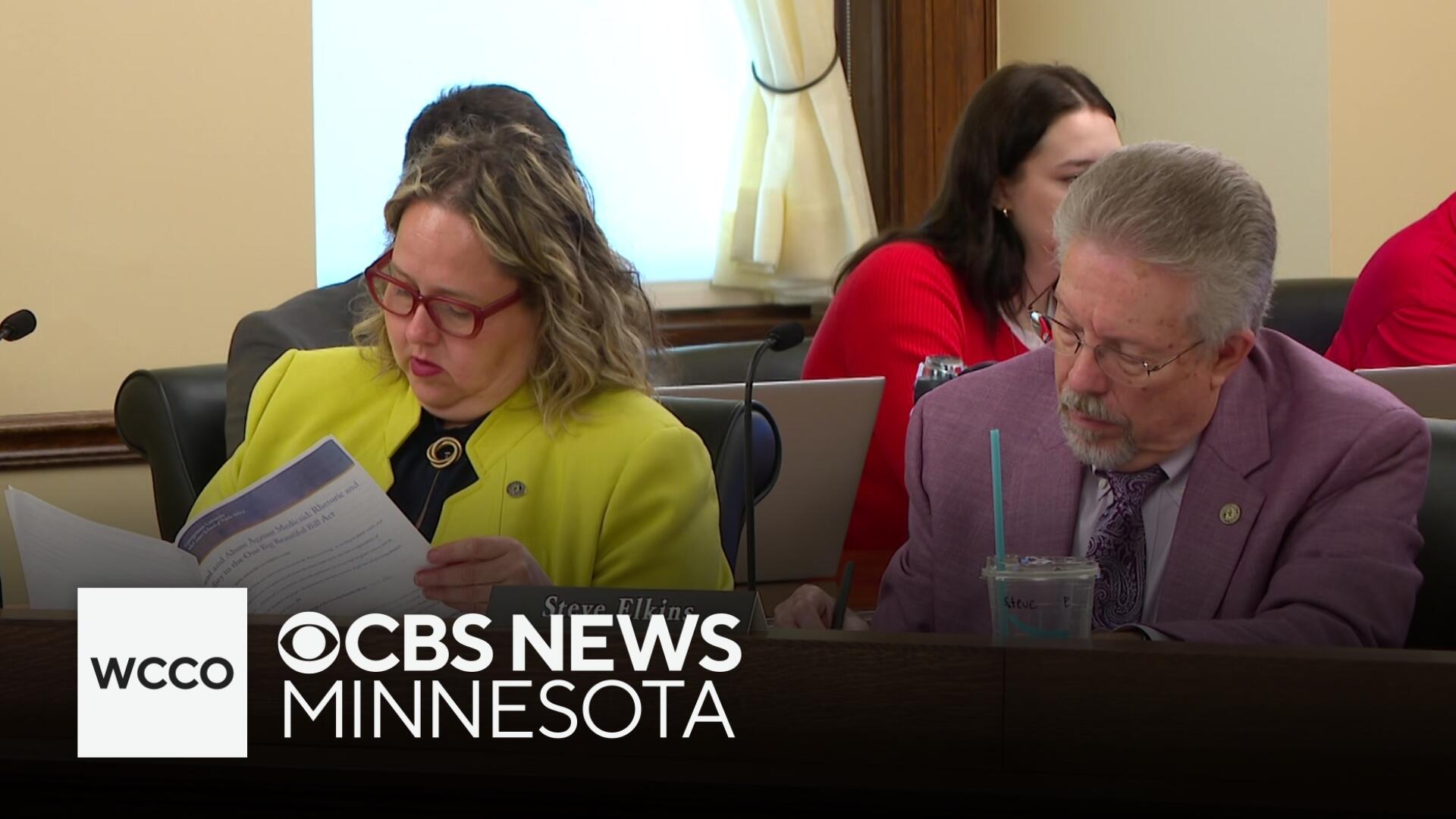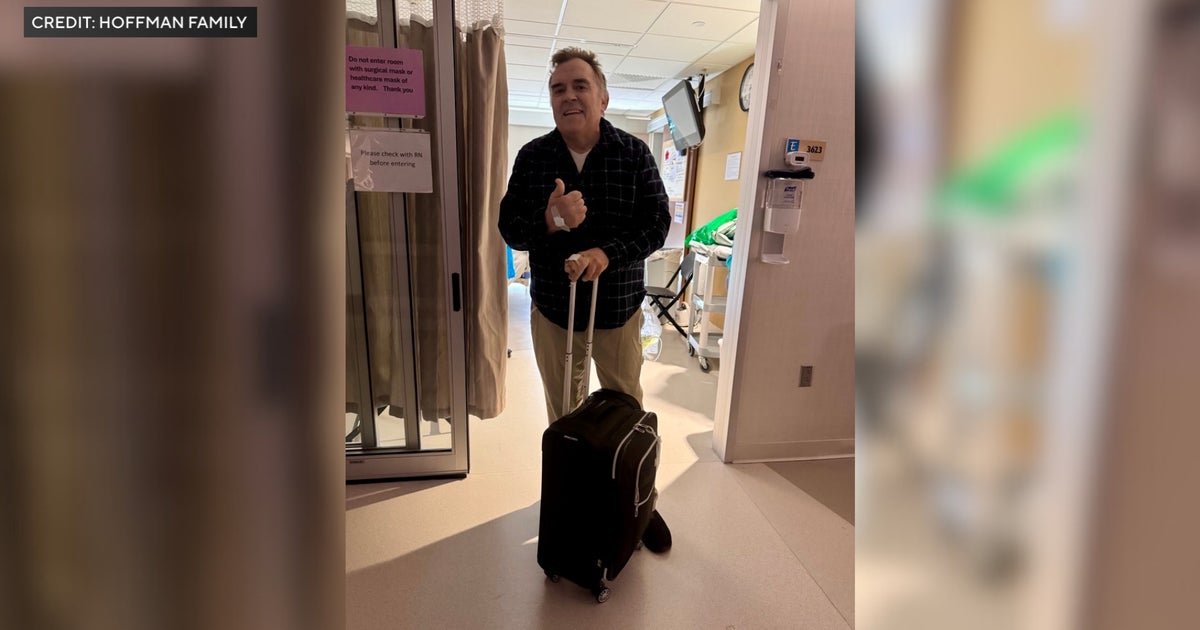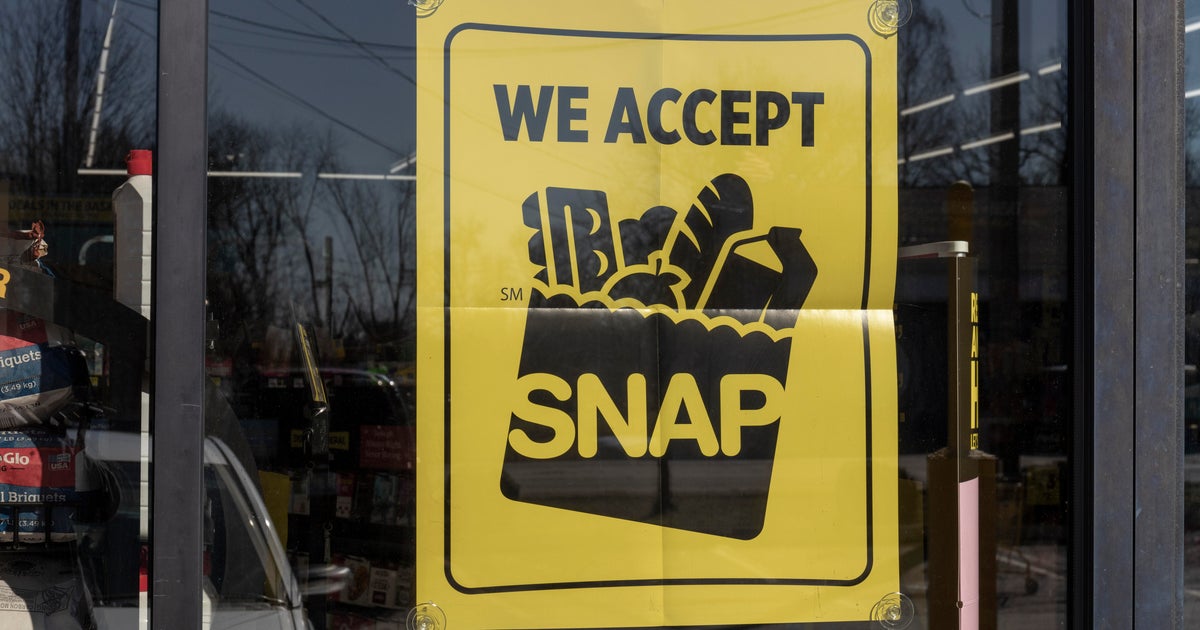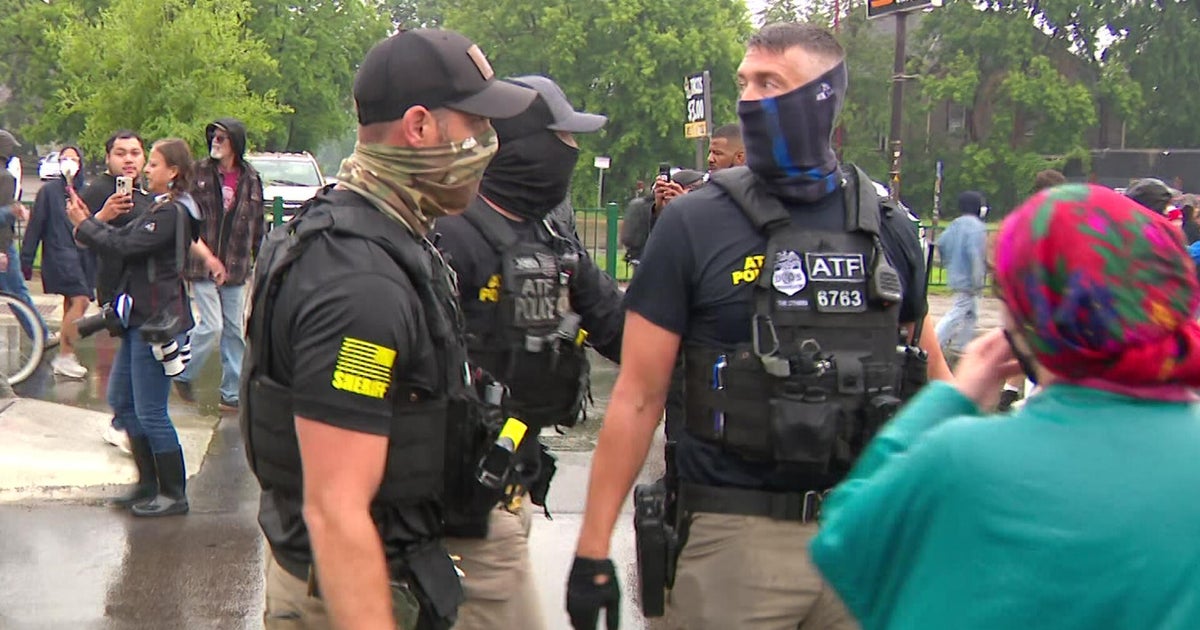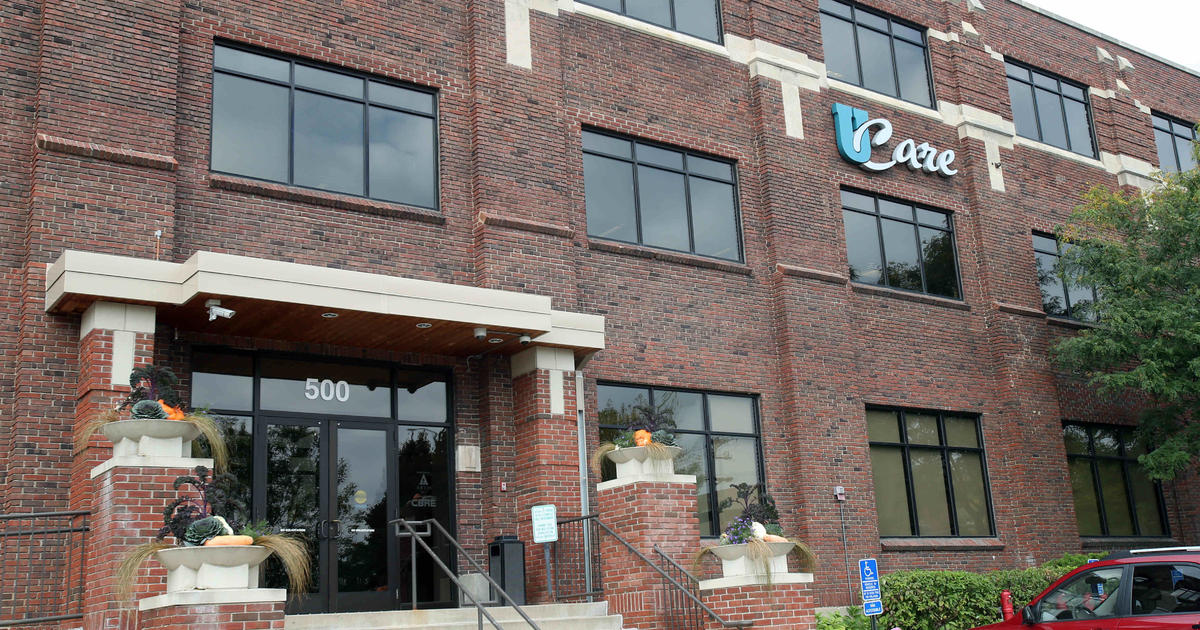Minnesota House oversight committee discusses Medicaid, fraud prevention in first meeting since lawmaker attacks
A Minnesota House oversight committee focused on fraud prevention work met on Tuesday in the first official legislative meeting since the shooting attacks on two lawmakers and their spouses last month.
DFL Speaker Emerita Rep. Melissa Hortman and her husband, Mark, were killed in what officials said was a politically motivated assassination. DFL Sen. John Hoffman and his wife Yvette were shot 17 times but survived; a family spokesperson on Monday said the senator transitioned out of the intensive care unit to a rehab facility as he continues his recovery.
"We just want to acknowledge that is still a process we are all dealing with and grieving," Rep. Kristin Robbins, R-Maple Grove, who chairs the committee, said before they began their work. "It's important for us as a body to show the public that the work of the Legislature continues and I do think Speaker Hortman was a very practical person focused on the institution of the Legislature and I think we are honoring her by continuing our work."
There is still a growing memorial honoring Hortman outside the House chamber, where the DFL leader spent two decades serving her north metro district. She was the first woman to lie in state at the Capitol alongside Mark Hortman and their Golden Retriever, Gilbert, who also died in the attack. Thousands came to St. Paul last month to pay their respects.
Rep. Dave Pinto, a Democrat representing parts of the capital city, said those tributes provided some healing to his colleagues mourning their leader and expressed his gratitude to Minnesotans for showing their support.
"We're thinking about Melissa and Mark and are just so grateful for the leadership she provided this body," he said. "The work that we do here is really about people and the impact on people, and I feel like she pushed us so often to be thinking in those terms. It actually feels appropriate to me that we're having this hearing at this time. Medicaid…is so much about the impact on people making sure that they have health care and successful lives."
DHS officials testify about fraud prevention, Medicaid eligibility process
Those remarks came at an informational hearing for the House Fraud Prevention and State Agency Oversight Committee on Tuesday, in which Department of Human Services (DHS) officials walked through their protocols to prevent fraud in public programs and recent legislative changes to meet that goal.
The issue has been top of mind at the Capitol since high-profile scandals like the Feeding Our Future scheme and investigations into autism centers accused of billing bogus claims to Medicaid.
"We know that fraud hurts the people who need these services. Program Integrity work is a high priority for DHS and the Walz-Flanagan administration," said Shireen Gandhi, temporary commissioner of the agency.
She highlighted some of the bipartisan anti-fraud legislative changes approved this year to increase safeguards for public programs, like data sharing between agencies and authorities investigating fraud; authorizing DHS to deny and suspend licenses to individuals under investigation; and allowing state agencies to withhold payments if there is suspicion of fraud, among other provisions.
The DHS recently hired an inspector general to provide more oversight, who also testified to the committee about his work. That role is agency-specific, but a bipartisan coalition of lawmakers want to establish a new independent state Office of Inspector General with broader oversight, which did not clear the finish line this session.
Some Republicans questioned if Gandhi would support such a measure in the future, despite their . Gandhi wrote to lawmakers in a letter that she was worried about the potential for compromised investigations and federal compliance risks if a statewide OIG were established.
"I'm wondering if you can expound upon that because for the folks who submitted the testimony, and I confess for myself as well, I don't quite see how those concerns mesh, or at least present themselves plainly in just a basic understanding of how that new potential agency would function," said Rep. Walter Hudson, R-Albertville.
She responded that if the Legislature pursues that policy again, she feels it's important that the DHS maintain its own internal inspector general in addition to any statewide watchdog agency.
"It's important that we maintain that, and we maintain our federal obligations — we do the work that's required to do," Gandhi explained. "There may be a way to also have that work together with a statewide OIG, but the details matter, and we need people that understand them more than I do."
She and other DHS officials also walked through the Medicaid eligibility verification process. The agency focuses on investigations of Medicaid providers while local officials in all of the state's 87 counties are responsible for the enrollment of individuals and detecting potential recipient fraud.
She said the changes to Medicaid that Congress recently approved in a tax and spending package could result in Minnesota losing $500 million in federal funding for the program and could increase the administrative workload.
Among the provisions is a work requirement, with some exceptions, in order to qualify for that health care coverage.
Minnesota Medicaid funding, shared between the state and federal government, .
Republican Rep. Isaac Schultz noted that states of similar size though a little larger — like Colorado and Wisconsin — spend less than Minnesota.
"At the end of the day here, what Republicans are championing is this idea that there's a dignity of work, and if you're an able-bodied adult, that you should be contributing to our economy," he said. "We have huge opportunities for jobs across the state to make great wages, to get jobs with employers who have health insurance."
Rep. Emma Greenman, DFL-Minneapolis, said she worries that the changes in the so-called "one big beautiful bill" will keep people from accessing the services that they need.
"We don't have control over what the Republican, big, terrible bill did, but we will have to deal with the impact of that as It relates to Minnesotans," she said. "It is not an assignment that we asked for, but it certainly is something that we're going to have to have to make sure that we protect Minnesotans and their health care from and we ensure that people know who is cutting them off health care."

